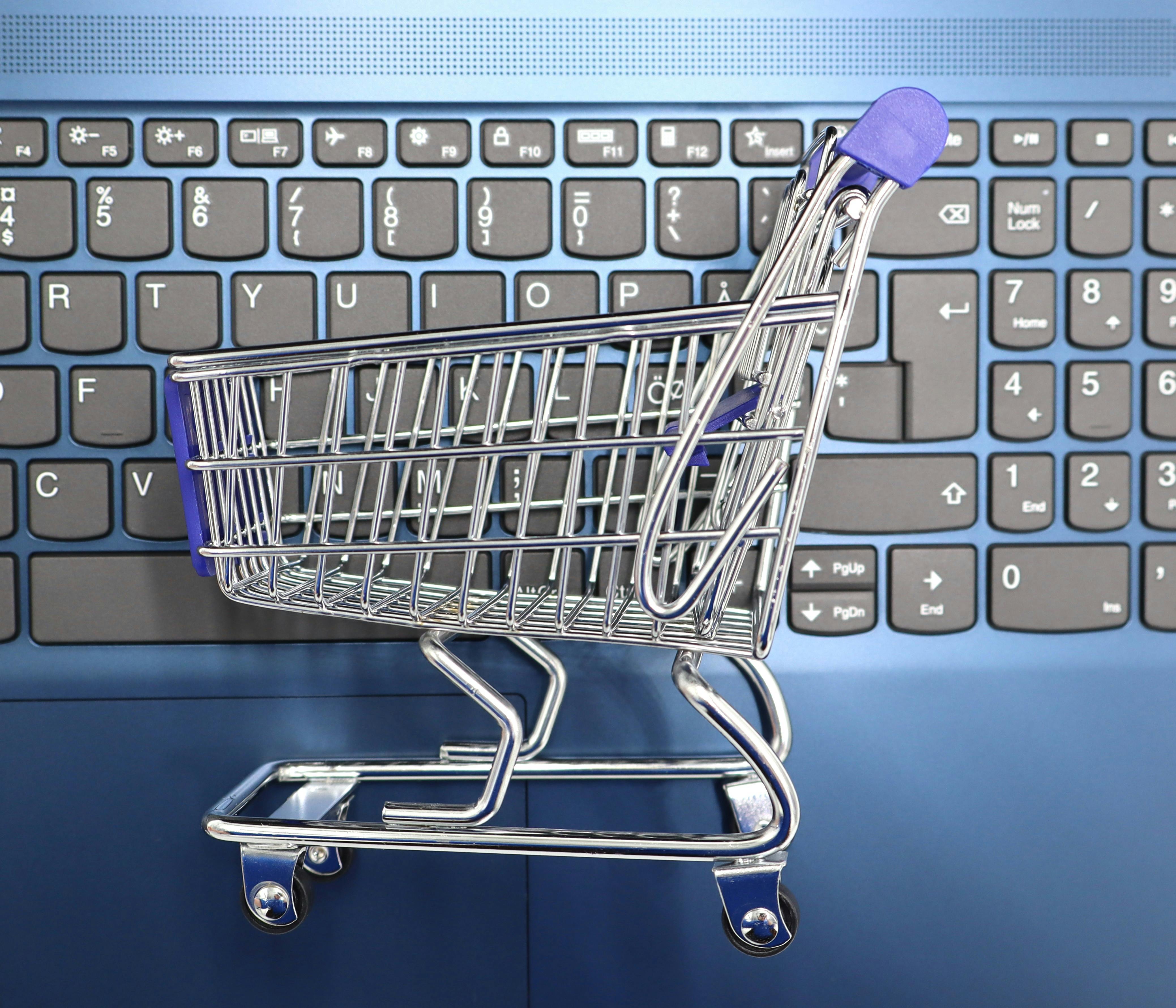As mentioned and as can be seen from the above chart, Amazon is a leading retail marketplace in Europe with just under one billion visits per month. Although similar in size of GDP and population, Amazon in the US garners double as much traffic as it does in Europe. Such disparity signals two things: there’s significant internal competition from other marketplaces within Europe, and Amazon boasts a larger share of the ecommerce market in the US.
The second-largest B2C marketplace in Europe is eBay. Despite its early popularity, it trails far behind Amazon in all European countries and enjoys only half of Amazon’s traffic.
The most established European marketplaces are unambitiously and quietly operating and growing within their home regions. For example, German OTTO had significantly grown since the pandemic, increasing its revenue in 2020 by 37% compared to its net sales in 2019 while Dutch Bol.com grew its product range by 43% and reached 70 million visits per month in 2021. Polish Allegro has 185 million visits per month, 96% of which come from Poland.
Russian Wildberries have 150 million visits per month, 92% of which are from Russia. Same with Ozon, which gets 95% of its traffic from Russia. Although Wildberries has launched operations in other countries, such as neighbouring Belarus, Kazakhstan, Armenia, Kyrgyzstan, Uzbekistan, and Israel, the success of these stores is yet to be expected. With that being said, since its launch in Israel, Wildberries has grown rather quickly, achieving $1.1M in sales in 2021, a growth of 121% over the previous year.
Zalando, one of the few large cross-border marketplaces (besides Amazon and eBay), is German but has substantial traffic from Italy, Netherlands, France, Poland, and some other European countries. Another pan-European marketplace ManoMano also enjoys cross-European traffic from countries like France, Italy, Spain, Germany, and the UK.
However, as mentioned, almost all the large domestic European online marketplaces focus on their own country.





























